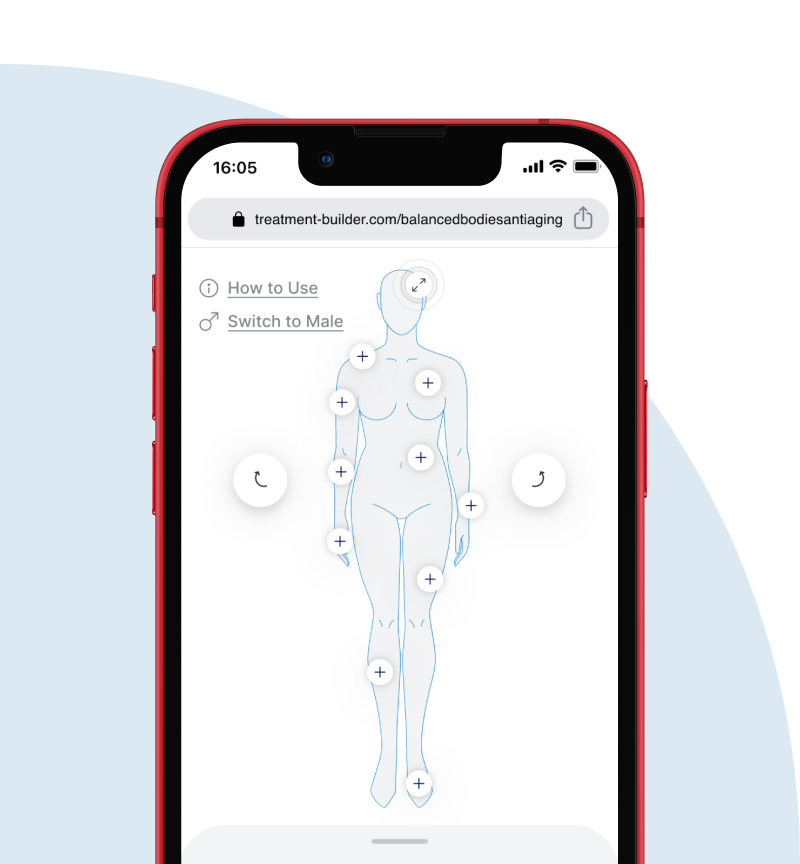
3 of the Most Common Causes for Low Testosterone
Whether men want to admit it or not, you are in your prime during your teens and 20s. You have an endless supply of energy, can eat anything you want without gaining weight, and notice every woman that walks by. As guys slowly move out of their 20s and into their 30s & 40s things begin to slow down. The energy supply seems to disappear quicker, that hamburger you ate last night is sticking to your bones, and the libido can almost vanish completely.
While it can be embarrassing to experience all this, just know it is natural and you aren’t alone. Millions of men every year experience low testosterone and for multiple reasons. Some are treatable and others can be related to simple things like age. The good news is that no matter the reason, restoring your testosterone to a healthy level is achievable for most men. So before we talk about your options let’s discuss the most common causes for low testosterone.
Aging and Low Testosterone
One of the leading causes of low testosterone in men can be linked back to aging. The male body is highly efficient at regulating testosterone and maintaining a normal balance until about the age of 30. According to Harvard Health, “men typically see a noticeable drop of about one to two percent in testosterone each year after the age of 30.” If you are a man who is experiencing symptoms of low T and you’re in your 30s just know it’s natural. There are millions of men every year going through the same thing.
Even though it is common for men to experience a drop in their hormone levels due to aging, any significant changes should be looked at more closely. Slow and steady changes in mood or appearance typically happens with age. But, any unexplained and sudden changes to appearance, energy levels, or sex drive should be examined by a professional. If you are experiencing any low testosterone symptoms it is a good idea to have your levels checked. Balanced Bodies has a simple and quick way to not only test your testosterone levels, but put on the right track to increasing them as well.
Side-effects of Medication
As medicine has advanced over the past decade there are now medications to treat just about anything from low cholesterol and high blood pressure to diabetes and depression. While it is great that we can now treat these diseases more efficiently, it comes at a cost. Many of the prescription and over-the-counter drugs used to treat illnesses like these, can often affect the production of testosterone in the body. For instance, it is common for men that take long-acting opioids to be diagnosed with low testosterone five times more often than those who take short-acting opioids.
Not every medication will result in low testosterone for men, but it is important to watch out for symptoms if you are starting a new drug. A few of the most common medications that lead to low T according to The International Society for Sexual Medicine include:
- Beta Blockers
- Opioids
- Statins
- Anti-anxiety Medications
- Antihistamines
- Chemotherapy
- Antidepressants
- Ketoconazole
- Hypertension Medications
Correlation Between Obesity and Low Testosterone
For men, fighting to keep weight off can be difficult especially when you are working full time and providing for your family. A study published by the NIH found that as many as three out of every four men in the US fall into either the category of overweight or obese based on their BMI. It is important to note that BMI measures the amount of fat in your body in correlation to your height.
Now this doesn’t necessarily mean that everyone who falls into the overweight category is actually unhealthy or has an abundance of fat. Those who hit the gym regularly and have a decent amount of muscle mass can be classified as overweight based on their height. The same can be true for those who carry a lot of water weight. The group of men who are under this classification tend to not experience low testosterone.
Conversely, men who are labeled as obese will experience low testosterones and symptoms more often then most other groups. Obesity can also lead to other conditions that will result in low T such as high blood pressure and type 2 diabetes.
Solutions for Boosting Low Testosterone Levels
If you are someone who is experiencing low testosterone symptoms or have noticed a change in your body lately, you should see your doctor. They can help you identify healthy alternatives for your diet and a treatment plan to help get your body back in balance. To help you get started, Balanced Body offers a free Low T Quiz to help you identify if you are currently experiencing low testosterone.
Citations
Can prescription medications affect testosterone levels? (2018, September 21). Retrieved October 23, 2020, from https://www.issm.info/sexual-health-qa/can-prescription-medications-affect-testosterone-levels/
Overweight & Obesity Statistics. (2017, August 01). Retrieved October 23, 2020, from https://www.niddk.nih.gov/health-information/health-statistics/overweight-obesity
Publishing, H. (n.d.). Testosterone, aging, and the mind. Retrieved October 23, 2020, from https://www.health.harvard.edu/newsletter_article/testosterone_aging_and_the_mind


